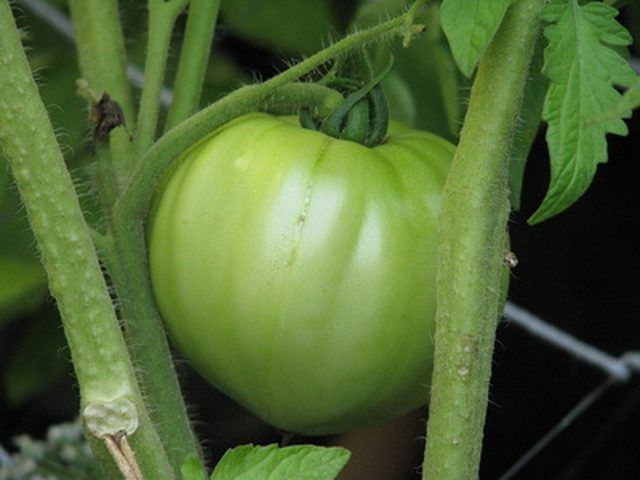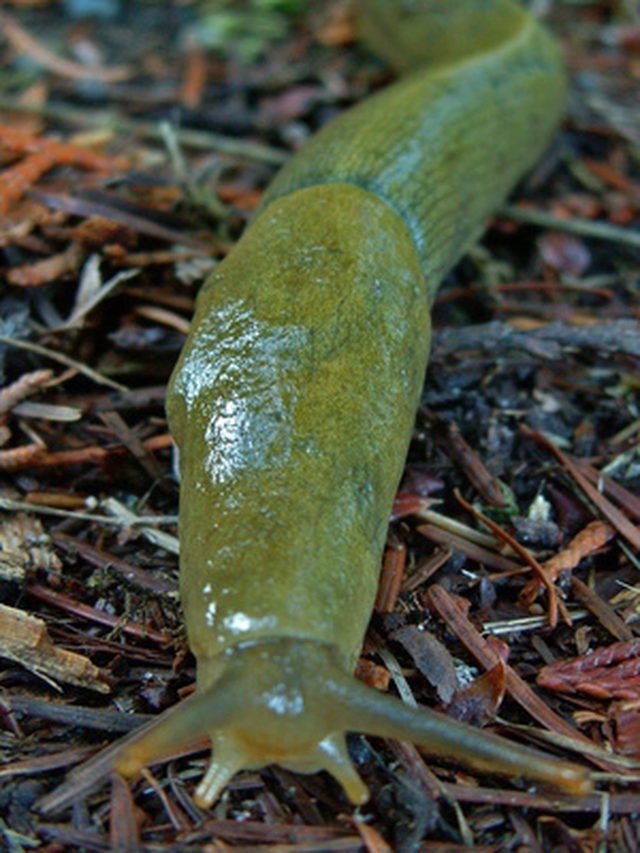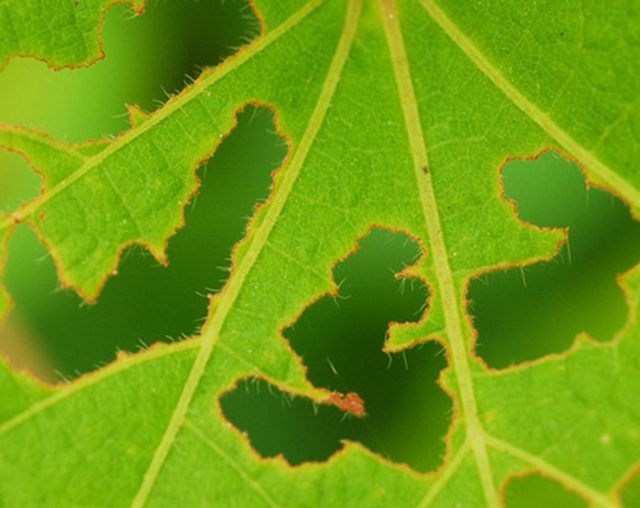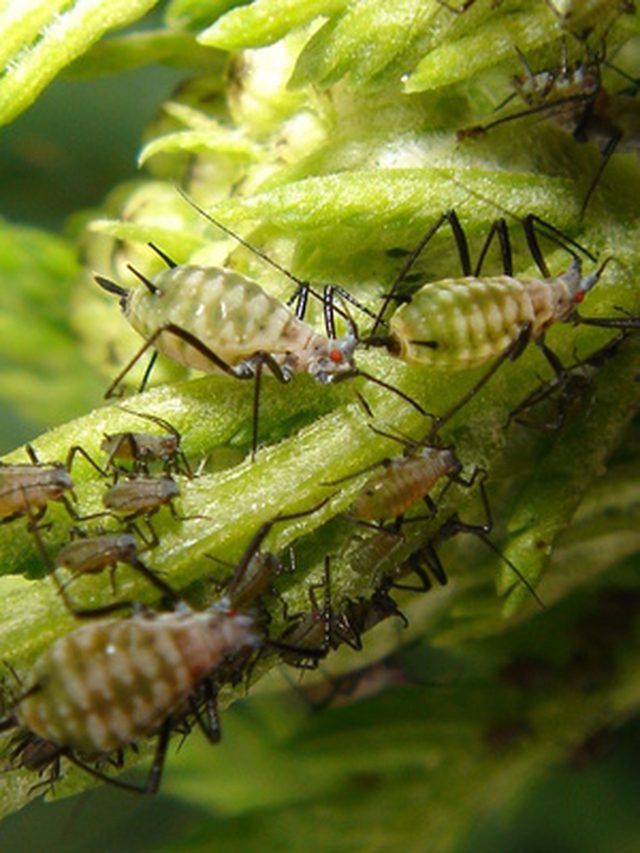Bulbs
Flower Basics
Flower Beds & Specialty Gardens
Flower Garden
Garden Furniture
Garden Gnomes
Garden Seeds
Garden Sheds
Garden Statues
Garden Tools & Supplies
Gardening Basics
Green & Organic
Groundcovers & Vines
Growing Annuals
Growing Basil
Growing Beans
Growing Berries
Growing Blueberries
Growing Cactus
Growing Corn
Growing Cotton
Growing Edibles
Growing Flowers
Growing Garlic
Growing Grapes
Growing Grass
Growing Herbs
Growing Jasmine
Growing Mint
Growing Mushrooms
Orchids
Growing Peanuts
Growing Perennials
Growing Plants
Growing Rosemary
Growing Roses
Growing Strawberries
Growing Sunflowers
Growing Thyme
Growing Tomatoes
Growing Tulips
Growing Vegetables
Herb Basics
Herb Garden
Indoor Growing
Landscaping Basics
Landscaping Patios
Landscaping Plants
Landscaping Shrubs
Landscaping Trees
Landscaping Walks & Pathways
Lawn Basics
Lawn Maintenance
Lawn Mowers
Lawn Ornaments
Lawn Planting
Lawn Tools
Outdoor Growing
Overall Landscape Planning
Pests, Weeds & Problems
Plant Basics
Rock Garden
Rose Garden
Shrubs
Soil
Specialty Gardens
Trees
Vegetable Garden
Yard Maintenance
What Is Eating My Tomato & Cucumber Plants?
What Is Eating My Tomato & Cucumber Plants?. Many varieties of tomatoes and cucumbers are grown in backyard gardens across North America. Tomato and cucumber plants are easy to grow and reward the gardener with an abundance of fruit that is ready to pick shortly after pollination. Tomatoes and cucumbers are hardy but susceptible to a few blights...

Many varieties of tomatoes and cucumbers are grown in backyard gardens across North America. Tomato and cucumber plants are easy to grow and reward the gardener with an abundance of fruit that is ready to pick shortly after pollination. Tomatoes and cucumbers are hardy but susceptible to a few blights and pests. Once you determine what these garden pests are, employ organic solutions and natural deterrents to deal with them.
Tomato Plant Pests
Hardy tomato and cucumber plants grow quickly, but both fall victim to garden pests that chew holes in the leaves of established plants and devour young plants in a single evening. The gardener is forced to wage a war against a host of beetles, caterpillars and slugs. Because it is never a good idea to poison your food plants, the garden arsenal for fighting back is limited.

Slugs and Snalls
A gardener can never completely win a battle against slugs and snails, but some organic deterrents work well. Diatomaceous earth, wood ashes and similar materials placed around plants help protect garden plants. Spray ammonia on exposed slugs and hunt down slugs after dark using a flashlight. Eliminate places where slugs and snails can hide during the day. Set traps by inverting melon rinds and leaving them out overnight. Snails and slugs will flock to the melon, which can be removed the next morning.

Tomato Hornworms and Cucumber Beetles
Tomato hornworms are caterpillars that feed on leaves and stems of tomato plants. These worms are large (3 to 4 inches) but blend in well with the plant. This caterpillar eventually will become a hawk moth. Just pick them off your plant.
Cucumber beetles prize the cucumber. Adult beetles eat holes in cucumber leaves while larvae bores into vines. Pick off adults and remove from the garden. Introduce beneficial insects to reduce the number of egg and young. Employ botanical pesticides to treat plants when infestation occurs.

Aphids
These tiny, soft-bodied bugs can suck the life out of plants. Eliminate aphids without the use of harmful chemicals. If you see a section of the plant covered in aphids, snip it off and place in a plastic bag. Purchase beneficial insects like praying mantises, ladybugs and lacewings at your local nursery to battle aphids.Treating garden plants with Soap Shield, an organic spray, will protect your plant from aphid attacks. Just mix with water and spray on your plant for a protective coating. Soap Shield also protects plants from other garden blights like powdery mildew and black spot.
Treating Through Prevention
One of the best ways to treat garden invasions is through prevention. Companion planting creates a natural barrier to thwart invaders. The tomato plant naturally emits a toxin that discourages many insects, so plant cucumbers with tomatoes, then companion plant with borage and marigold, which create a natural barrier to deter pests. Caging each tomato plant provides support for climbing cucumbers and reduces pest infestation by keeping cucumbers off the ground.